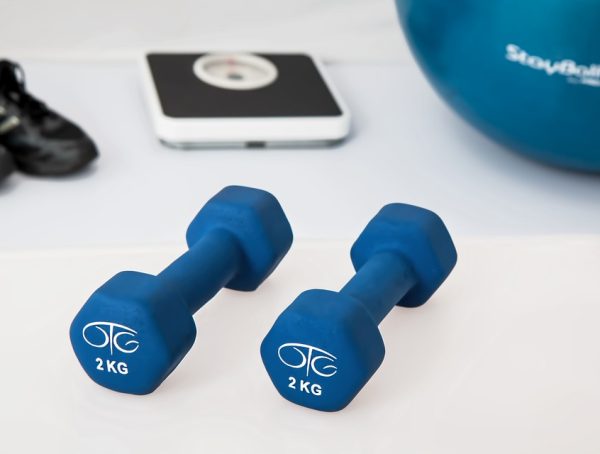Lower back pain is one of the most common complaints among seniors. Studies have shown that about 80% of adults will experience lower back pain at some point in their lifetime. This can be debilitating, causing difficulty in everyday activities such as walking, standing, and even sitting. Fortunately, there are steps seniors can take to ease their lower back pain, including preventive measures as well as treatment options.
Tip #1: Exercise regularly
Exercise is an important component of overall health, and can help prevent lower back pain. Seniors should incorporate moderate-intensity exercises into their routine, such as walking, yoga, and strength training. Strengthening the core muscles can help to alleviate lower back pain, and improve overall posture and mobility. A physical therapist or personal trainer can help design a safe and effective exercise plan for seniors with lower back pain.
Action step: Set aside at least 30 minutes per day for moderate-intensity exercise. Consider taking a weekly yoga class, or consulting with a fitness professional for a personalized exercise plan.
Tip #2: Maintain a healthy weight
Being overweight or obese can put increased strain on the lower back, and contribute to lower back pain. Seniors should aim to maintain a healthy weight, through a combination of regular exercise and a balanced diet. A diet that includes plenty of fruits, vegetables, lean proteins, and whole grains can help to support overall health, and may reduce inflammation associated with lower back pain.
Action step: Make a commitment to maintain a healthy weight through regular exercise and a balanced diet. Consider consulting with a registered dietitian for personalized nutrition advice.
Tip #3: Practice good posture
Poor posture can contribute to lower back pain, by placing undue strain on the lower back muscles and joints. Seniors should practice good posture, by sitting up straight with shoulders relaxed, and ensuring that their workstation, chair, and other equipment are properly adjusted.
Action step: Make a conscious effort to maintain good posture throughout the day. Consider investing in ergonomic equipment, such as a supportive chair or standing desk.
Tip #4: Consider alternative therapies
Seniors with lower back pain may benefit from alternative therapies, such as massage, acupuncture, or chiropractic care. These therapies can help to release muscle tension, improve flexibility, and promote relaxation. It is important to consult with a healthcare professional before trying any alternative therapies, to ensure that they are safe and effective for your individual needs.
Action step: Research local providers of alternative therapies, and consult with a healthcare professional to determine which therapies may be appropriate for you.
Tip #5: Use pain management techniques
Pain management techniques can help seniors with lower back pain to cope with discomfort and improve quality of life. Techniques such as meditation, deep breathing, and guided imagery can help to reduce stress and promote relaxation. Over-the-counter pain medications, such as acetaminophen or ibuprofen, may also be used to manage lower back pain.
Action step: Incorporate pain management techniques into your daily routine, such as deep breathing exercises or meditation. Consult with a healthcare professional before using over-the-counter pain medications.
In conclusion, lower back pain is a common issue among seniors, but there are steps that can be taken to ease discomfort and improve overall health. By incorporating regular exercise, maintaining a healthy weight, using good posture, considering alternative therapies, and using pain management techniques, seniors can manage their lower back pain and lead a more fulfilling life.
Quote: “The greatest wealth is health.” – Virgil
You might also like
More from Health and Fitness Tips and Advise for people 50+
Top Benefits of Online Self-Defense Workshops for Women
Top Benefits of Online Self-Defense Workshops for Women Life often throws us challenges that push us to seek out our inner …
Unlock Team Security: Why Corporate Self-Defense Training Matters
Unlock Team Security: Why Corporate Self-Defense Training Matters In today’s world, where uncertainties can linger just around the corner, personal safety …


































